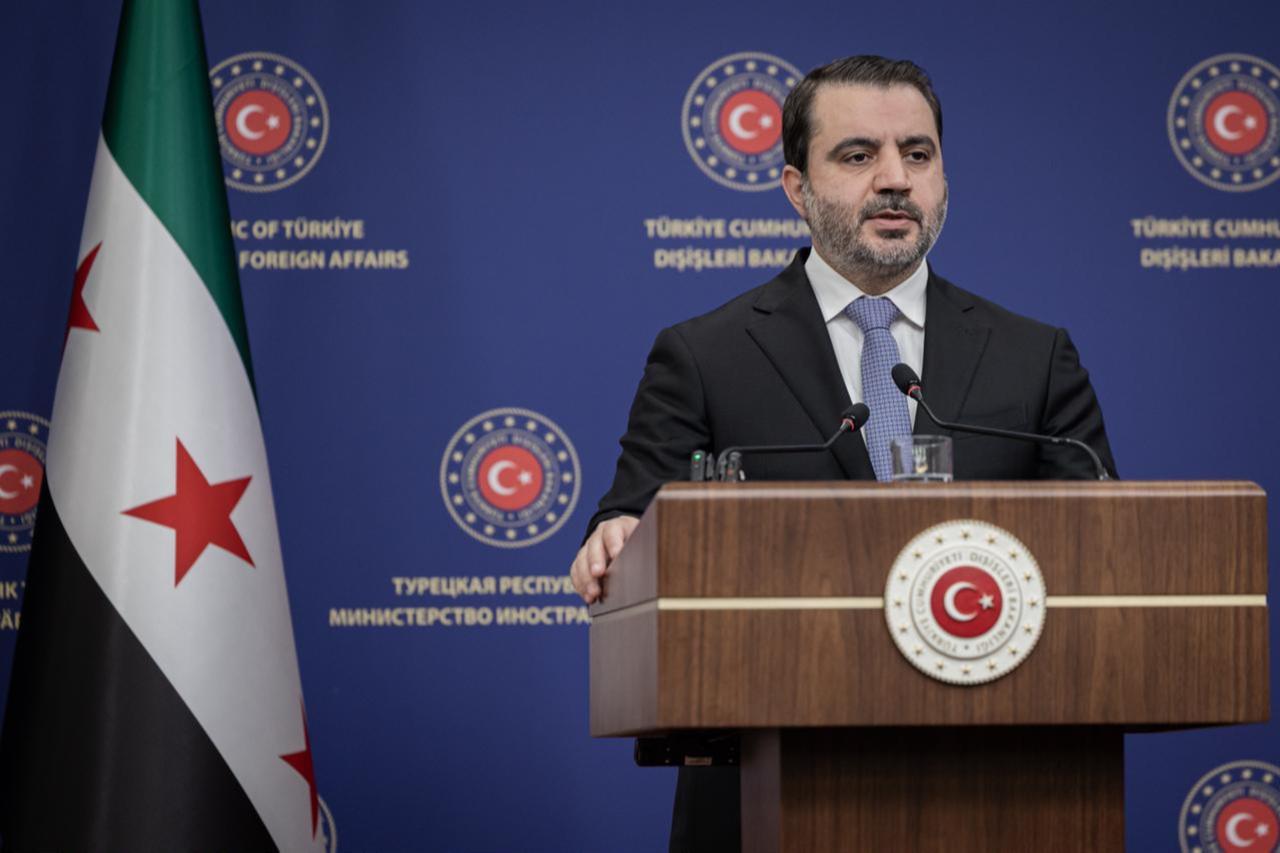
Syrian Foreign Minister Asaad al-Shaibani said on Saturday that Syria categorically rejects any division or federalism, demanding that the YPG-led SDF integrate military and security structures into state institutions.
"We reject all forms of division or federalism. This matter is not open for discussion or negotiation," al-Shaibani said during an interview with Syria's official television channel Al-Ekhbariya.
Al-Shaibani emphasized that a partnership with the SDF component must be established as quickly as possible, adding that "the time has come for the SDF's military and security structures to be integrated, both into the Defense Ministry and the Interior Ministry."
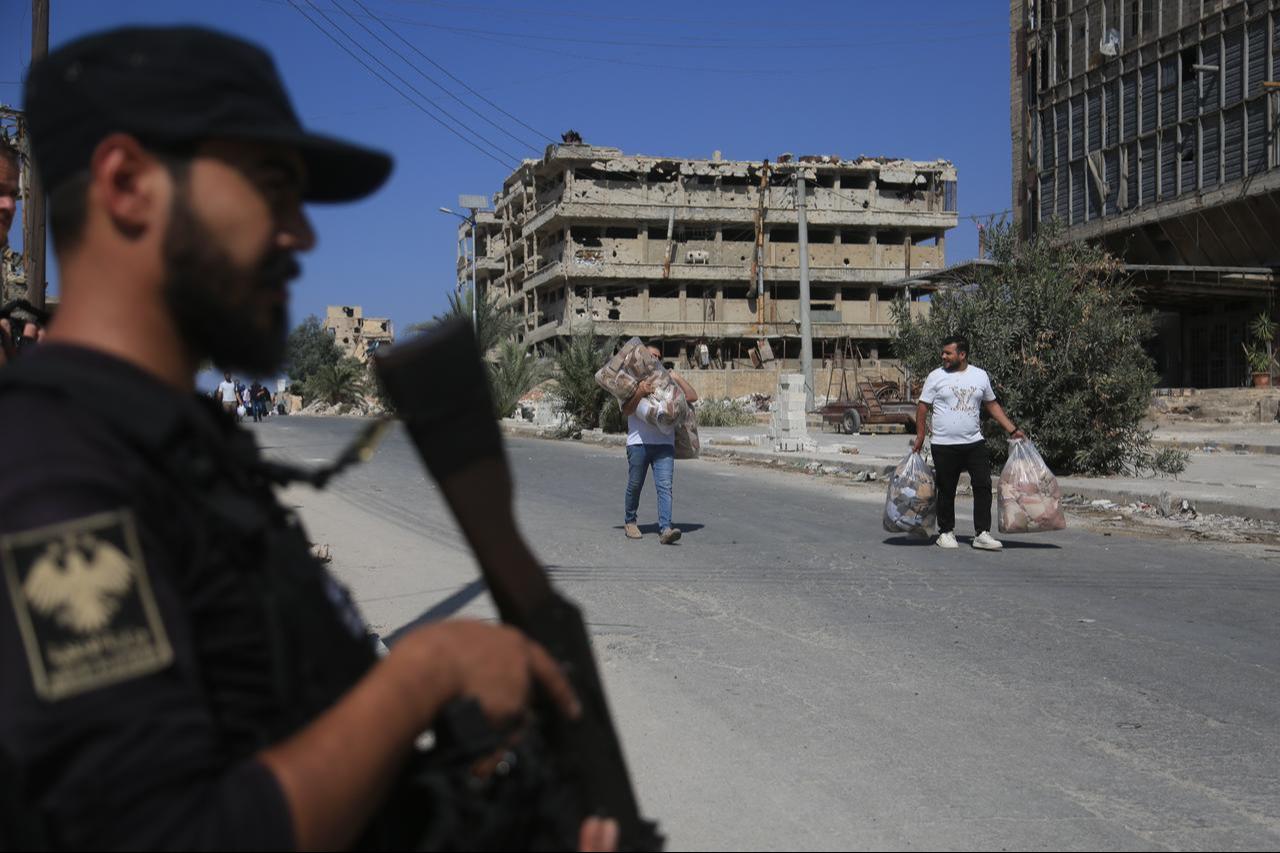
The Syrian Foreign Minister indicated that Damascus has been engaged in multiple rounds of talks with the SDF, noting: "Since March 2024, we have conducted many meetings with the SDF. The most recent meeting was held on Oct. 16 with defense and interior ministers as well as governors of Homs, Aleppo, and Damascus."
Al-Shaibani stressed the urgency of integration, stating, "Partnership with the Kurdish component must be implemented as quickly as possible. The organization's military and security structures' integration into the Defense Ministry and the Interior Ministry is now timely."
The exclusion of the SDF from state institutions has deepened the gap between the organization and the state, according to al-Shaibani's assessment.
"The fact that the SDF remains outside the state institutions has deepened the divide between us," he added.
Al-Shaibani described a transformation in Syria's diplomatic approach following the fall of the previous regime, saying, "Syria's diplomacy is one of the fundamental pillars of reconstruction. Diplomacy is the first line of defense protecting Syrians' interests."
"We have transformed Syria from a war-torn state to a state moving forward with firm steps toward the future," al-Shaibani said.
On the new Syrian government's international standing, al-Shaibani noted, "New Syria is mentioned as an inspiring and proud example in international platforms, unlike the previous period."
Al-Shaibani acknowledged the challenges posed by the previous regime's legacy by stating, "In diplomatic work, the tainted past heritage harming Syria's image constitutes a serious obstacle."
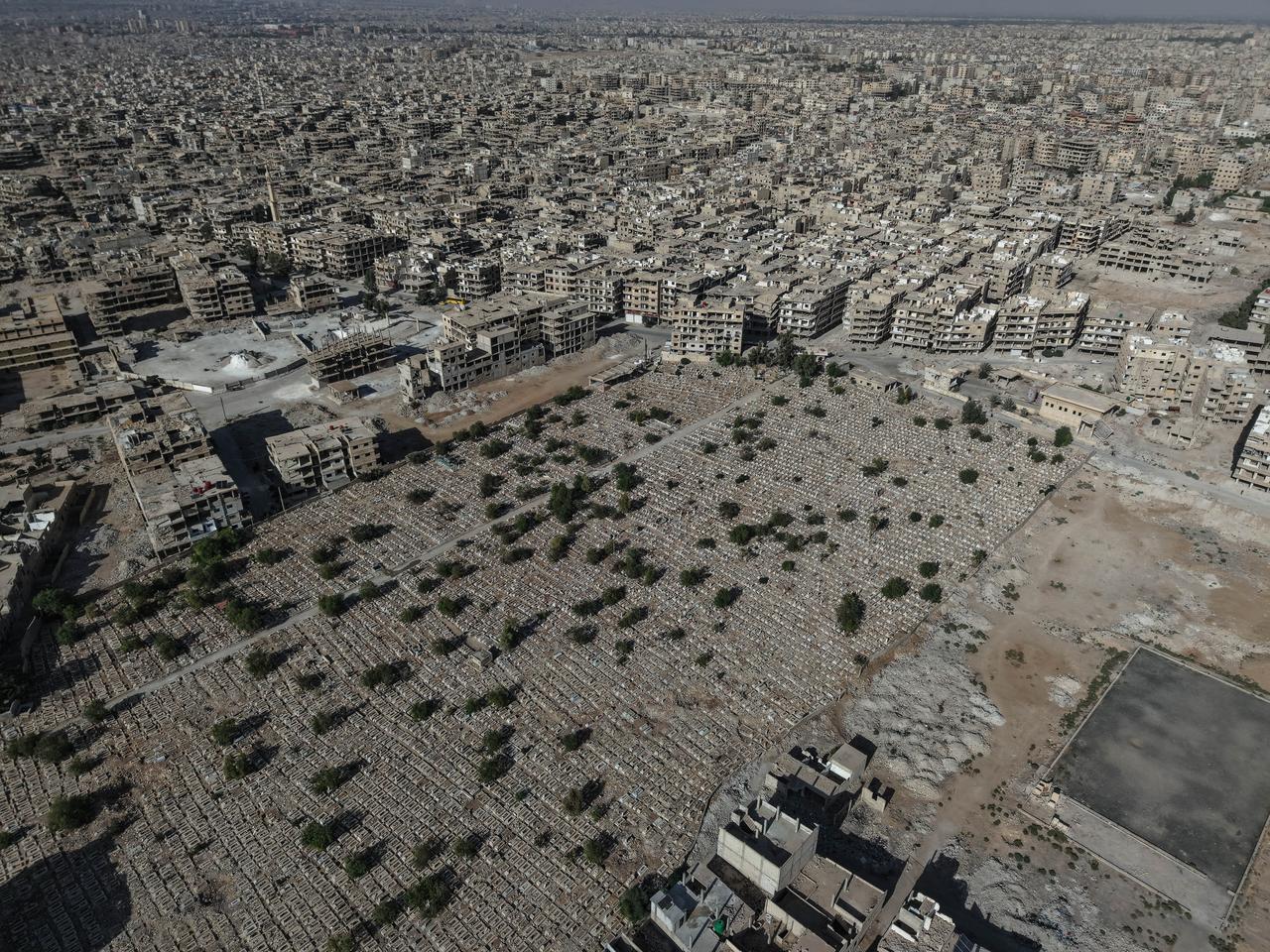
Al-Shaibani outlined Syria's approach to agreements made between Russia and the previous regime, noting, "We do not accept the agreements made between Russia and the fallen regime. All of these agreements are suspended, and we have not yet reached new agreements."
He noted that Russia has agreed on one point regarding these arrangements. "The point on which the Russian side has agreed is the re-evaluation of the old agreements," al-Shaibani said.
The positioning of Russian military presence in Syria remains a subject of ongoing negotiation, with Shaibani noting, "The positioning of Russian military presence is one of the negotiation items. We are discussing the mandate of these bases and the status of where they are located."
During President Ahmed al-Sharaa's visit to Russia, extensive topics were covered in negotiations, according to al-Shaibani: "During the visit, we discussed all topics that could come to mind for the Syrian people, including the fate of Bashar al-Assad, the rights of the affected people, compensation, Russian military presence, and military and economic agreements."
The Syrian Foreign Minister recounted an exchange with Russian officials about Syria's rapid transition, saying, "When the Russians asked me how many hours to control Damascus, I said 48 hours. When I met with President Ahmed al-Sharaa, he said, 'We need 10 days.' But we were in Damascus within 36 hours. In my next meeting with the Russians as Foreign Minister, I said it was 36 hours, not 48, and I corrected the information I provided."
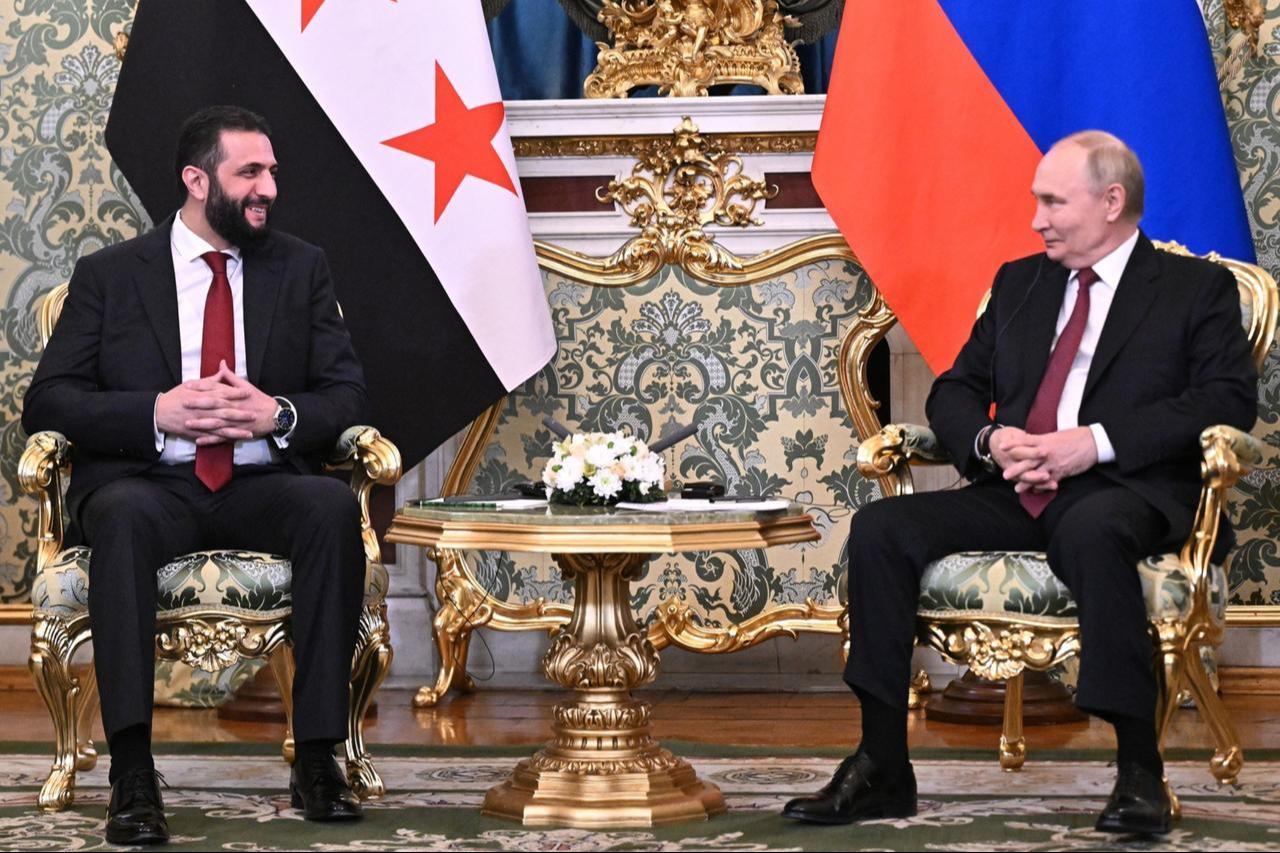
Al-Shaibani also emphasized that Israeli withdrawal to pre-December 8, 2024, positions—in accordance with the 1974 Agreement—remains essential for Syria.
"What is indispensable for Syria is for Israel to withdraw before Dec. 8, 2024, which is the border determined by the 1974 Agreement," he said.
He warned that Israeli actions on the ground are deepening instability in Syria. "Israel's actions in the field are deepening instability in Syria," al-Shaibani said.
On the situation in Sweida province, al-Shaibani cautioned against the misuse of the issue by stating, "Sweida is a trap that everyone is pulled into. Israel is using the Sweida issue with bad intentions."
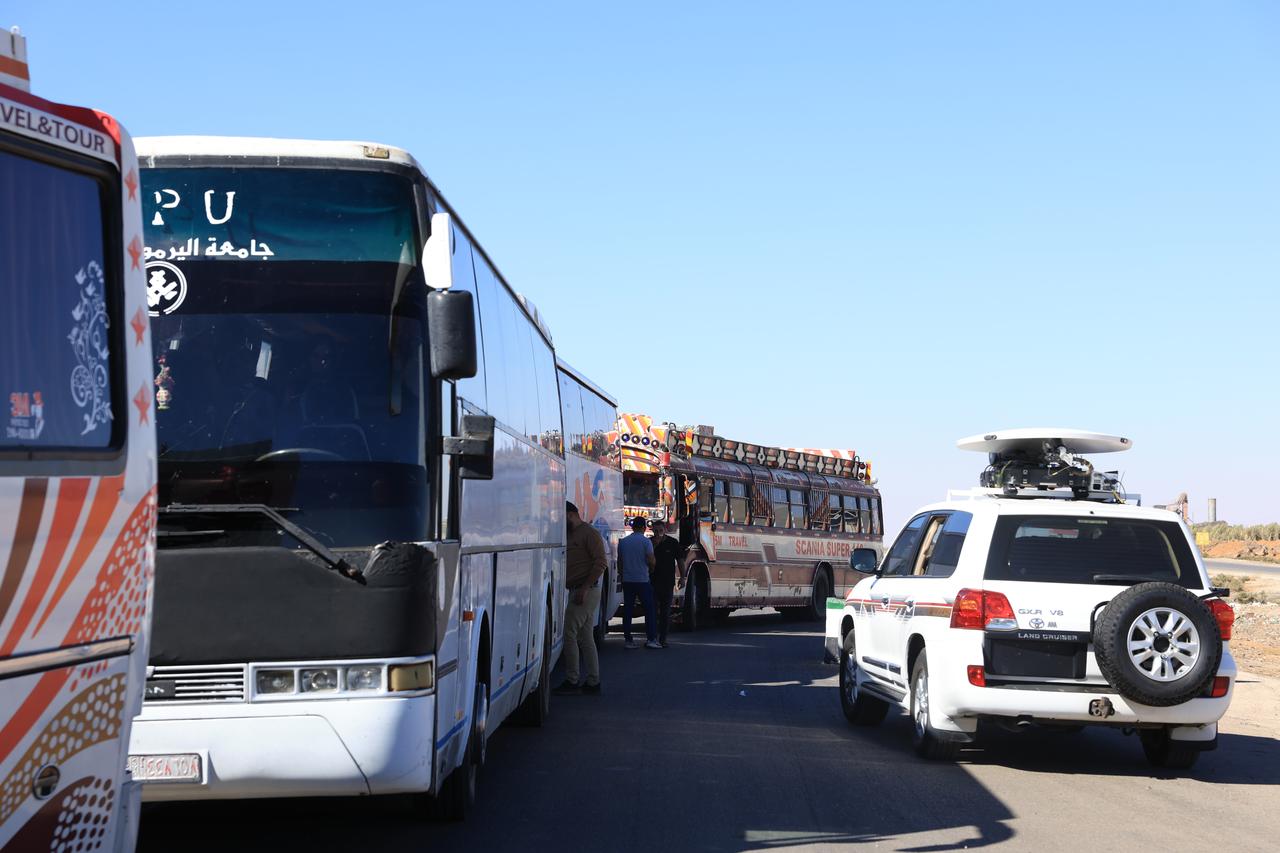
Al-Shaibani outlined Syria's intention to deepen engagement with international partners, noting, "I believe that China will play an important role for Syria. We will conduct an official visit to China in early November."
In President al-Sharaa's address to the United Nations, al-Shaibani emphasized its historical significance. "President al-Sharaa's address to the U.N. represents a historic step truly representing Syrians for the first time. The speech carried emotional content and summarized Syria's story," he added.
The Syrian Foreign Minister finally noted that the issue of Syrian detainees held in Lebanon was among the top priorities during recent visits, adding, "During our visit to Lebanon, the file of Syrian detainees was at the top of our priorities. We passed the decision stage and have begun implementation processes."